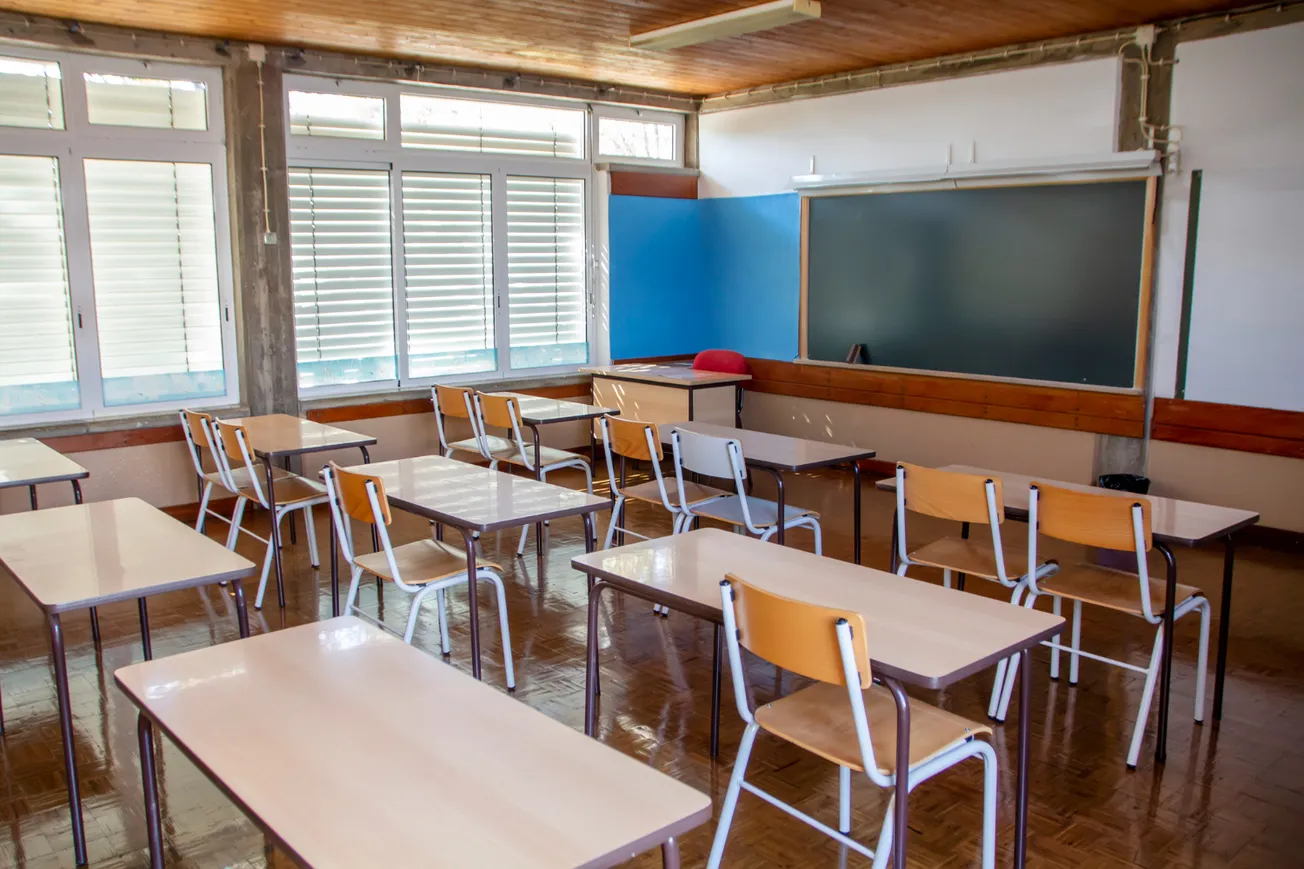Virginia social studies leaders warn proposed testing shift could sideline critical thinking
Educators say state plan risks replacing inquiry-based assessments with multiple-choice exams as Board of Education reviews accountability changes

Educators say state plan risks replacing inquiry-based assessments with multiple-choice exams as Board of Education reviews accountability changes
